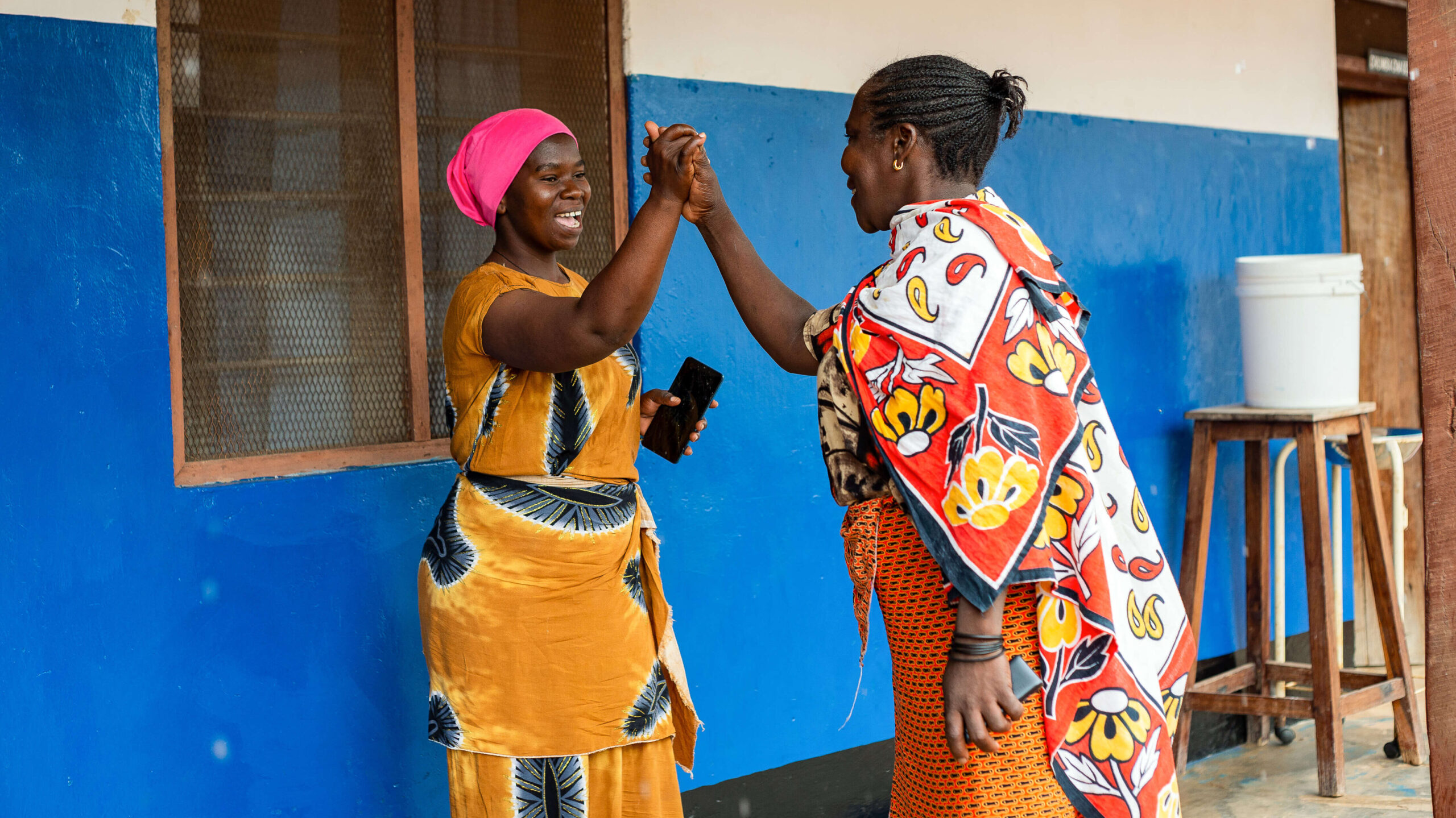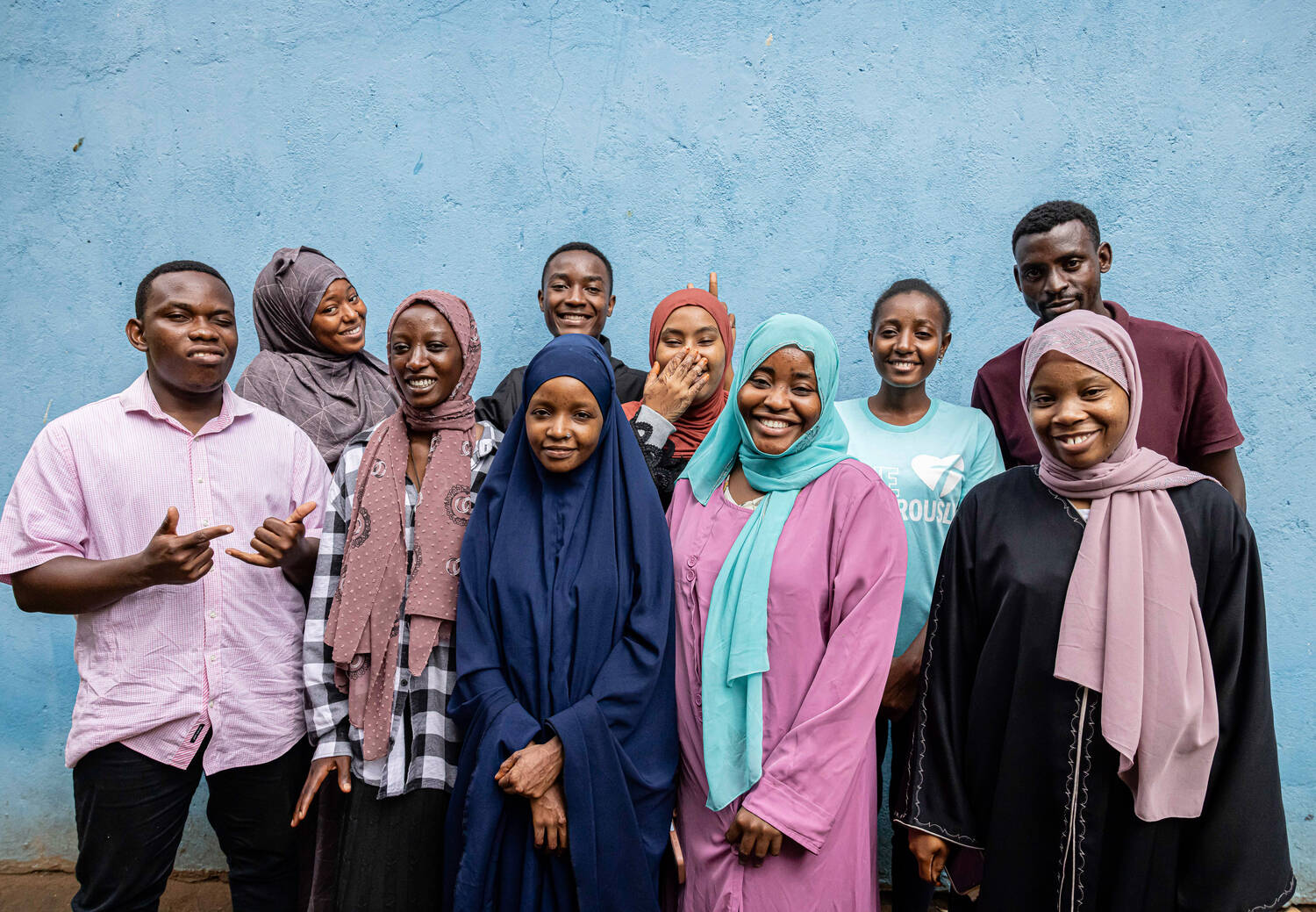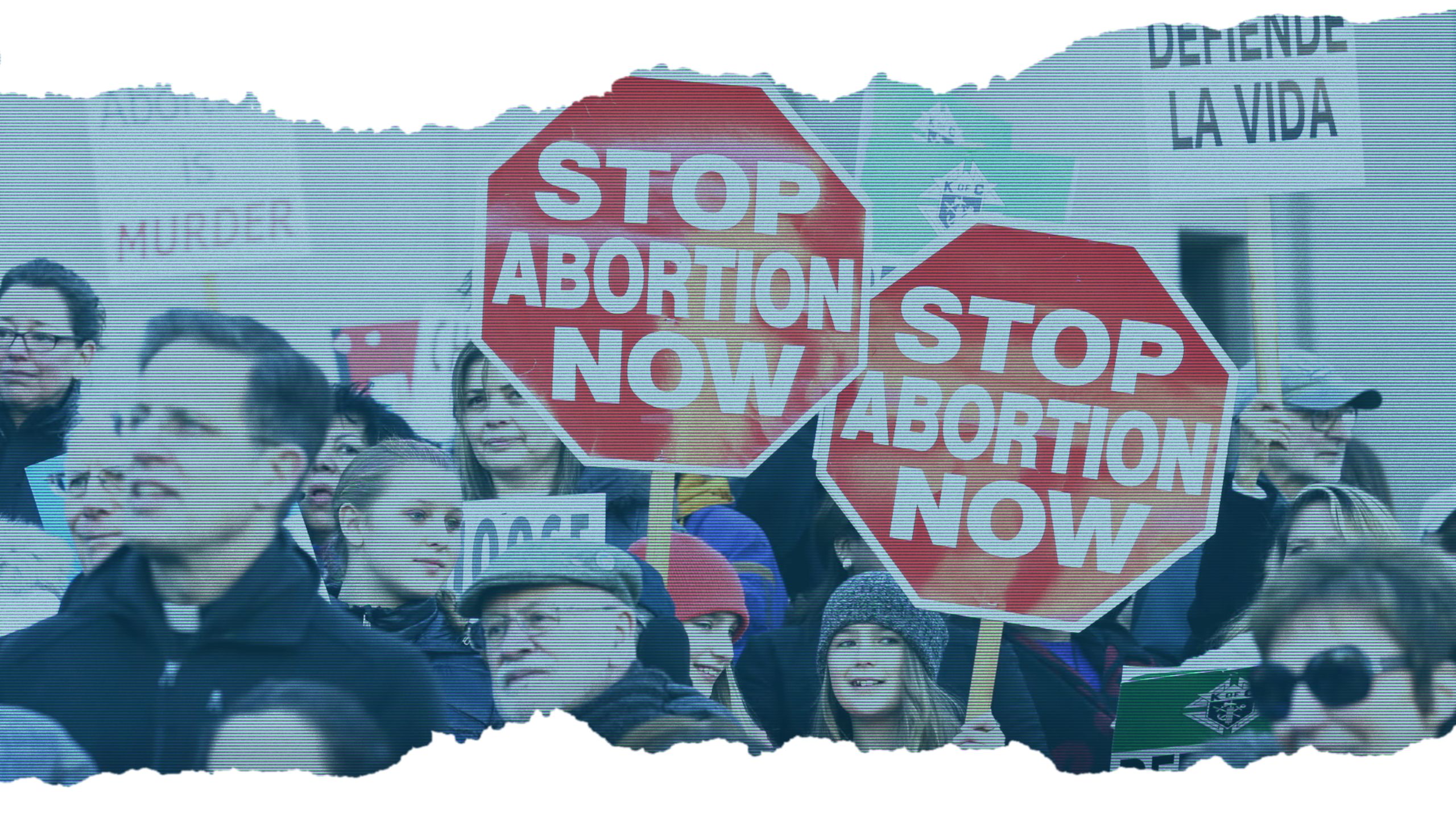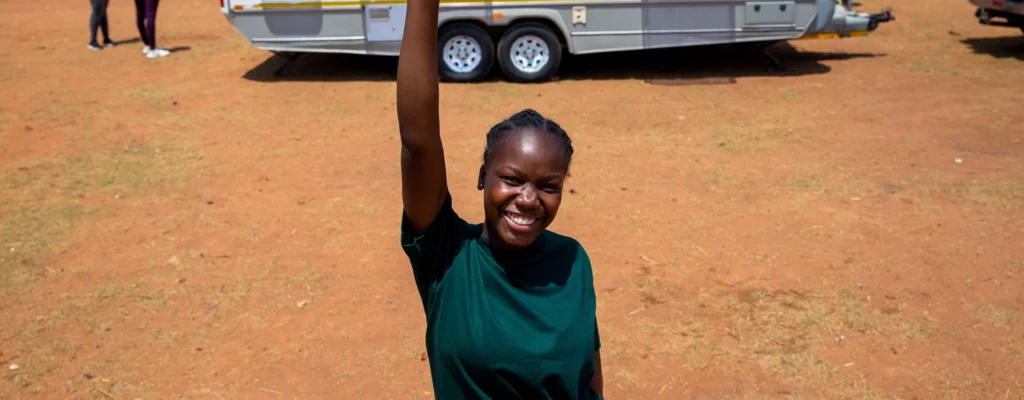
We’re a quarter of the way into the year, and the global pro-choice community is already making waves with a definitive show of solidarity and action.
In the face of anti-choice opposition, we’re making progress with grassroots advocacy, national policy change, and stigma-busting communications campaigns. Pro-choice people everywhere continue to fight for hard-won rights.
We’ve rounded up five key moments from around the world to showcase recent progress in the fight for reproductive rights.
1. US abortion policy continues to impact global reproductive rights
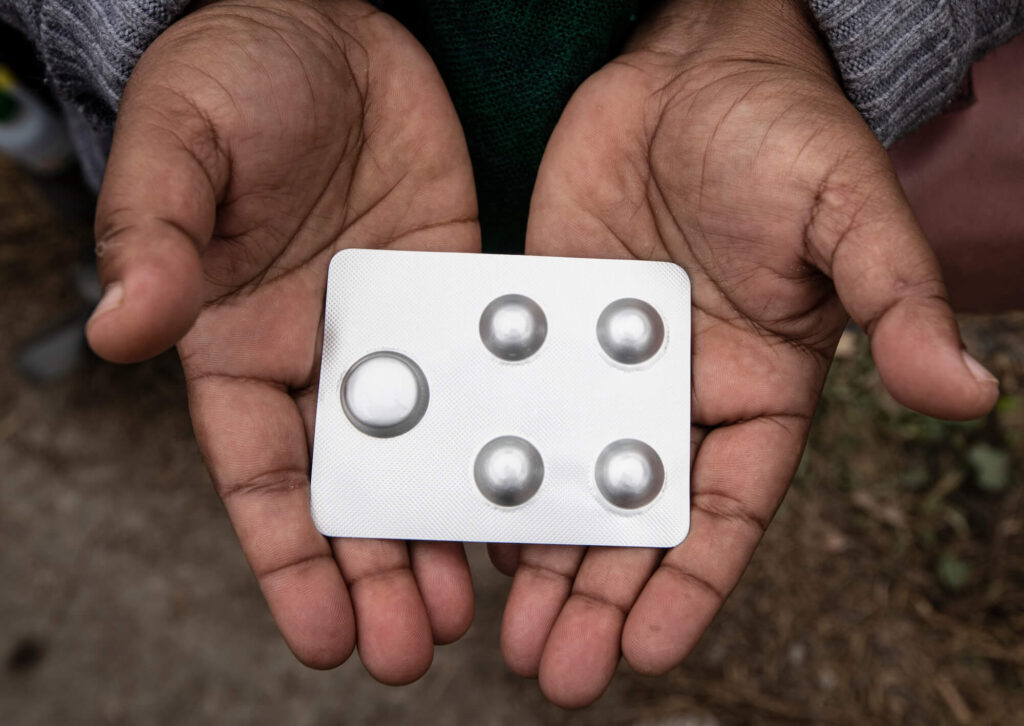
It was a mixed start to the year in the US. January marked the 50th anniversary of the landmark Roe v Wade ruling that legalised abortion in the US, spurring many to reflect on its devastating reversal last year.
We celebrated in January when access to a medication called mifepristone, used for medical abortion, was expanded into some pharmacies—this is a pill used for more than half of all abortions in the US. Yet the rollback of reproductive rights continues, as last week a judge ruled to block the FDA approval of this medication altogether, which would limit access nationwide. This decision, which could go into effect as soon as Friday, is driven by ideology rather than evidence. However, it does not spell the end of access to medical abortion. Mifepristone is one of two abortion drugs, and the second, misoprostol, can end a pregnancy safely and effectively on its own in higher doses.
Meanwhile, two pivotal bills were recently reintroduced for US policymakers to consider. In a bid to restore abortion access nationwide, The Women’s Health Protection Act would re-establish the right to abortion and protect those who provide and access care. In the same vein, The Abortion is Healthcare Everywhere Act would allow US foreign assistance funds to be used for safe abortion globally, reducing maternal deaths, curbing unsafe abortions, and supporting women’s health everywhere. The effects of abortion laws in America impact the rest of the world, so at MSI, we’re proud to endorse this bill alongside 180 of our pro-choice partners.
2. Making the link between gender equality & abortion for International Women’s Day
On International Women’s Day, we shone a light on the role of abortion in achieving gender equality and invited people to take part in our #StandForChoice campaign.
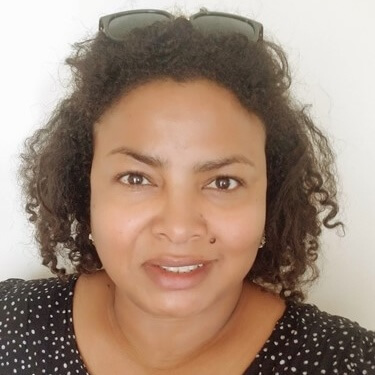
MSI Africa Director, Banchi Dessalegn PhD, shared why gender equality isn’t possible without abortion and contraception in an opinion piece for Al Jazerra and our International Women’s Day blog. Banchi highlights how access to abortion and contraception is linked to women and girls’ education, and their ability to participate in political and social change, helping to build a more equal world for all.
As part of our #StandForChoice campaign, we invited two creators to develop pieces that represent the links between abortion and gender equality. Poet and writer Nikita Gill published a powerful poem on Instagram, ‘To My Daughters and Granddaughters‘, on how bodily autonomy and access to safe services are vital to achieving a gender-equal future, while illustrator Polly Nor hand-drew her depiction of the freedom that abortion access can provide, and what’s at stake when it’s denied. To get involved with our #StandForChoice campaign, access our toolkit.
3. Celebrating abortion providers around the world
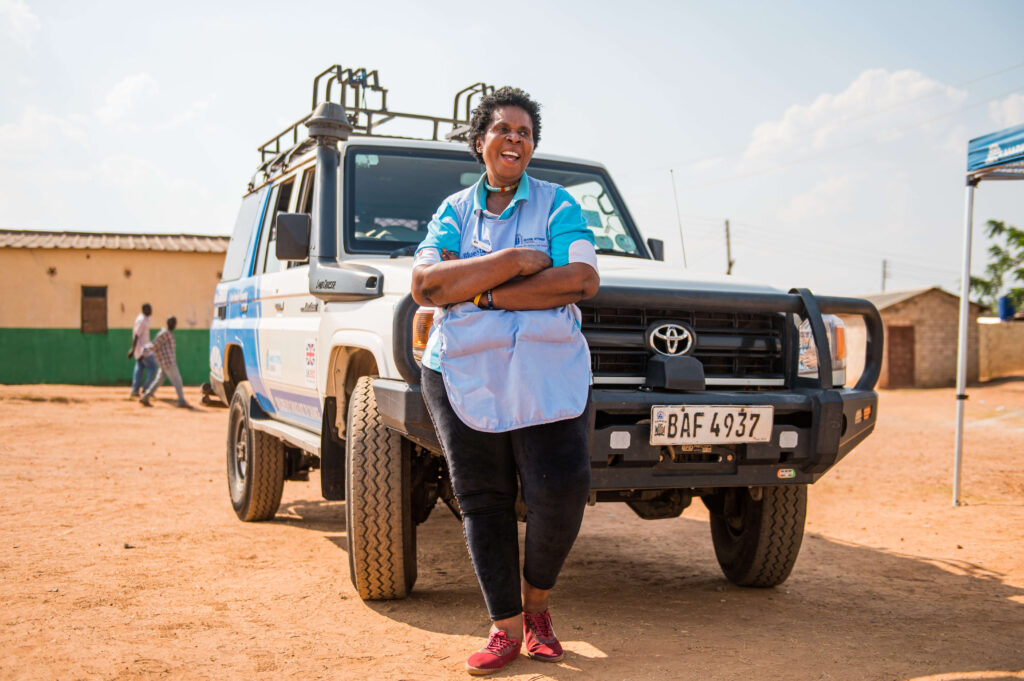
Also in March, the world celebrated Abortion Provider Appreciation Day. Some abortion providers have to hide their work from their families and friends, and even face harassment just for coming into the clinic. But they do this life-changing work because they have an unwavering commitment to the right to choose.
We asked you to share support for our providers and messages of gratitude flooded in:
- “You are providing such a valuable service to women. I am an ex-midwife and I know how important your work is. Thank you from the bottom of my heart.”
- “Thank you so very much for providing safe abortions, and for your compassion, kindness and understanding.”
If you’d like to submit a message of thanks to an abortion provider, you can do so here.
4. Training abortion providers in the DRC
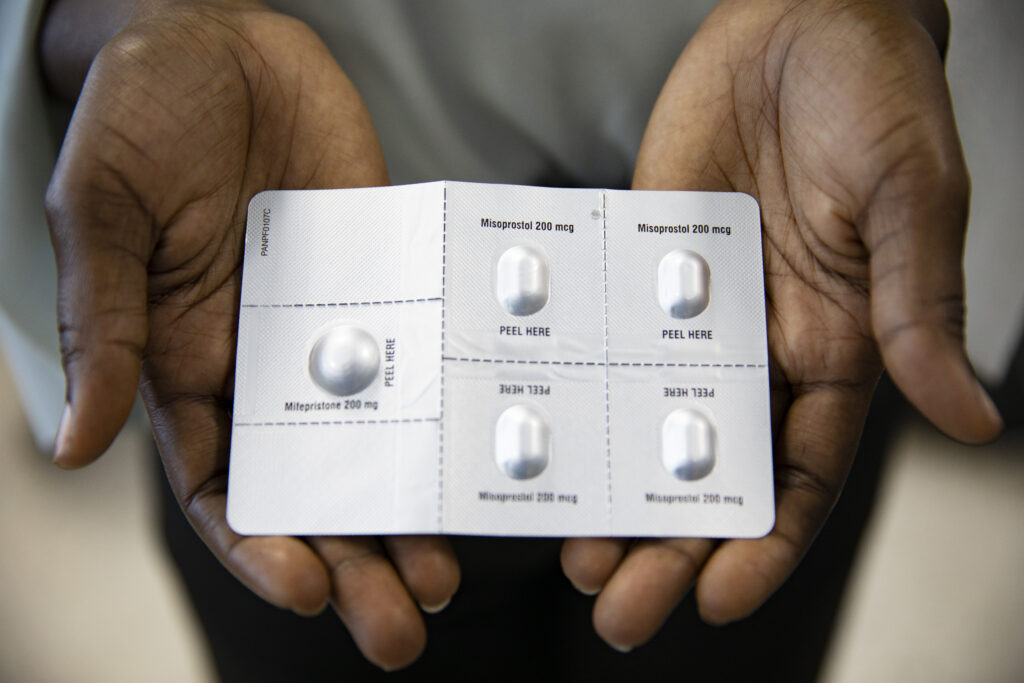
The Democratic Republic of Congo (DRC) has an alarming maternal mortality rate. Every year, 846 pregnant women die per 100,000 live births and unsafe abortion is a leading cause. Despite abortion becoming legal in certain cases in 2018, and the introduction of medical standards for providers to help them deliver abortion care in 2021, safe abortion services are still few and far between. There’s still a lack of trained providers and significant stigma surrounding abortion persists.
To change this, MSI’s team in DRC has been working with the Ministry of Health and other partners to introduce a new curriculum for nurses and midwives on abortion laws and rights under the Maputo Protocol, and training on how to provide safe abortion care. This will reduce abortion stigma within healthcare and help save lives, by expanding the pool of high-quality abortion providers.
5. Pushing back against anti-choice groups in the UK
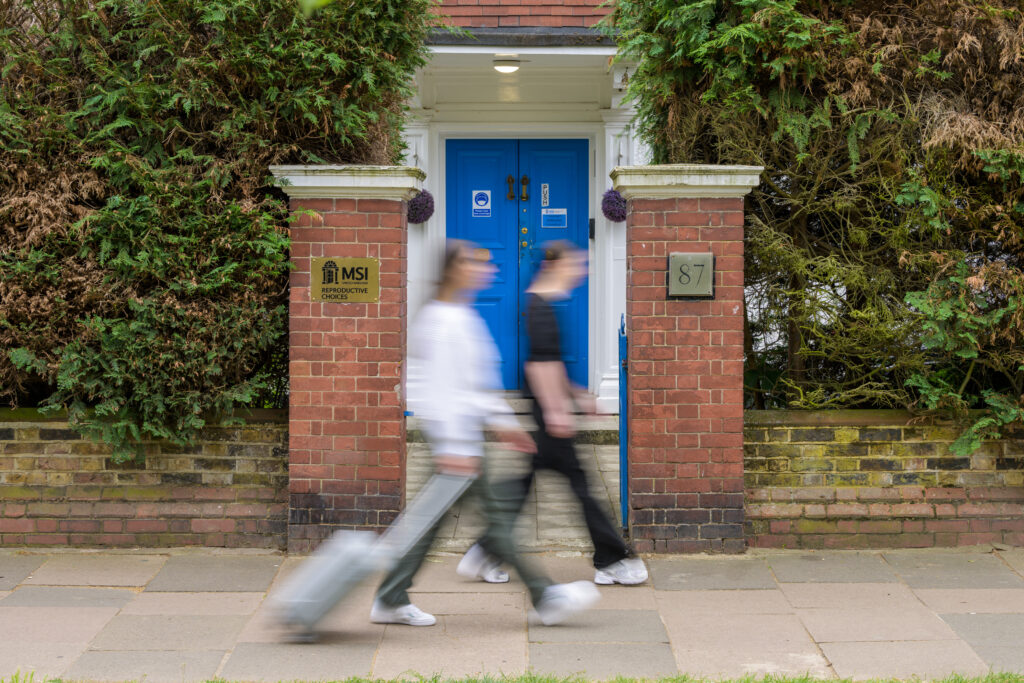
It’s been a busy start to the year for our team in the UK.
A BBC Panorama documentary exposed the manipulation and disinformation spread by anti-abortion clinics, known as crisis pregnancy centres, which are linked with (and sometimes funded by) anti-choice groups in the US.
MSI UK’s medical director, Dr Jonathan Lord, featured on the documentary to explain:
“These centres are set up to target women who are struggling and give them false advice to try to sway them away from an abortion. They risk causing significant harm and damage to those clients who are especially vulnerable.”
You can read more about Crisis Pregnancy Centres in the UK, the US influence and how to identify legitimate abortion clinics on our blog.
We’ve also been fighting for Safe Access Zones (buffer zones) around abortion clinics in England and Wales, to end the anti-choice harassment of staff and clients. After years of campaigning, a successful vote in the House of Commons in March meant that Safe Access Zones in England and Wales are almost certain to become law. We can’t wait to see the day when all our clients can access the healthcare they need free from fear or intimidation.
Taking stock of the year so far shows us that despite persistent anti-choice opposition, our actions, advocacy, and pro-choice community continue to have a big impact. Watch this space to see what the rest of the year has in store!
Join our email list below to find out how you can #StandForChoice this year.






